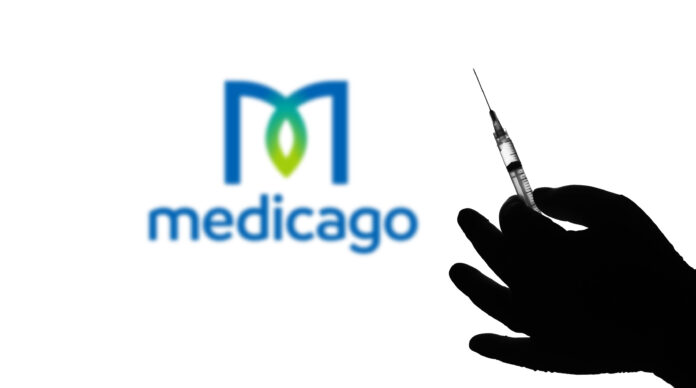The first Canadian COVID-19 vaccine, by Quebec-based company Medicago, was approved for use by Health Canada Thursday.
The home-grown vaccine, called Covifenz, marks the world’s first ever plant-based jab authorized for human use and is also the first Canadian shot to be approved in over 20 years.
The vaccine has been approved for people aged between 18 and 64 after clinical trials showed a 71 per cent effectivity rate in protecting trial participants in that age group against COVID-19, Health Canada said in a press release.
The jab was also 100 per cent effective against severe disease caused by COVID-19, Dr. Supriya Sharma, chief medical advisor at Health Canada said in a press conference Thursday.
“The active ingredient of the vaccine consists of particles that mimic the spike protein that causes COVID-19,” said Dr. Sharma, chief medical advisor at Health Canada, in a press conference Thursday. “The virus-like particles are grown in plants that are similar to tobacco plants which can produce large amounts of the virus particles in a short period of time.”
“As with all other COVID-19 vaccines, it is not possible to catch COVID-19 from this vaccine,” she said.
The last phase of data, which included 30,000 volunteers, was submitted for regulatory review by Health Canada in December of last year, the company previously announced.
The vaccine is a two-dose regimen that must be administered 21 days apart, based on evidence from clinical trials.
Trending Stories
Single woman shares ‘Calgary Romeo’ online dating warning: ‘Love bombing is a real thing’
World condemns Putin’s ‘thuggery’ after Russia launches military operation in Ukraine
Because the vaccine is plant-based, unlike influenza and MMR jabs that are cultured in chicken eggs, its technology is far quicker.
Plants key for Canada’s COVID-19 vaccine contender – Jan 11, 2021
“The plant is basically acting as a factory to produce the spike protein,” Dr. Scott Halperin, director of the Canadian Centre for Vaccinology in Halifax, previously told Global News.
Once injected, the plant forms VLPs, which are known as “virus-like particles.”
“The human who gets that sees that as, ‘Oh, that looks like a virus,’” Dr. Halperin said. “It’s not a virus that can infect you because it’s just a plant capsule surrounding the spike protein, but because the immune system is tricked into seeing it as a viral particle, it responds very well.”
Although VLP technology has been already been seen as an effective platform – most notably in HPV vaccines – developing VLP’s in plants for use in a commercial vaccine has never been done.
Last month, Medicago’s CEO and president from 2017 to December 2020 told Global News that for years the company has been asking the federal government for money to assist with pandemic preparedness and to develop an at-home manufacturing plant.
Nationwide, 84 per cent of people aged five and up have been fully vaccinated against COVID-19, with currently 540,069 active cases of the virus.
More to come
© 2022 Global News, a division of Corus Entertainment Inc.



